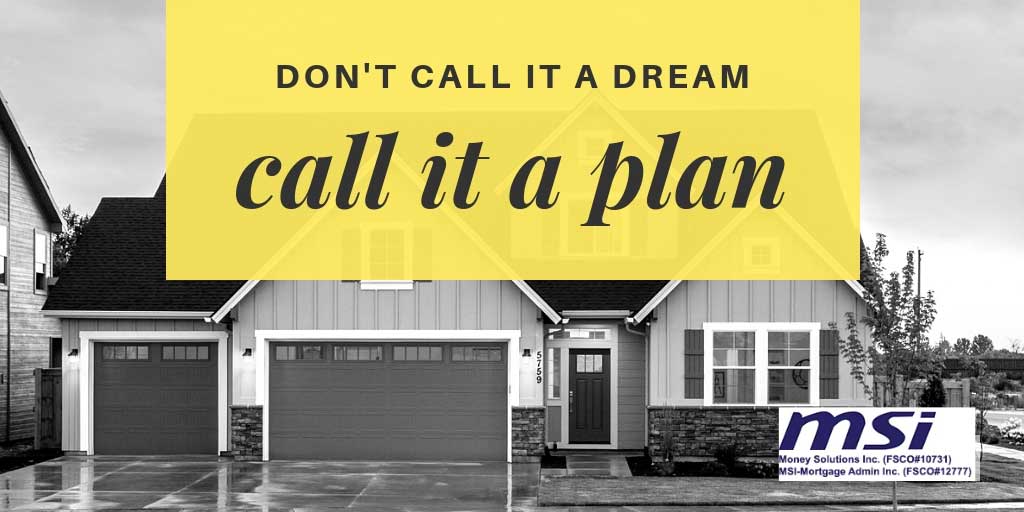
While purchasing a home qualifies as the largest acquisition in many peoples’ lives, it doesn’t have to invoke anxiety. As long as you know what to expect, you’ll be set to become a successful homeowner. The following questions and answers cover what you need to know before making this important decision.
What Credit Score do I Need?
Since underwriters review complete loan files and assess financial risk as a whole, the credit score acceptance depends on the lender. However, it usually takes a minimum of 660 to qualify for a mortgage. Lower scores don’t negate a mortgage, but they will cause higher interest rates. Lenders might make exceptions if you have considerable savings or minimal debt.
Where Do I Start?
Before applying for a mortgage, you might wonder for what you can qualify. That’s why you contact a lender, usually a bank or mortgage broker. The process involves two steps: prequalification and preapproval. While many customers use the two terms interchangeably, they have important differences.
What is a Prequalification?
Prequalification analyzes information provided by buyers via phone or internet and doesn’t involve any verification nor cost. Since there’s no credit check, it won’t lower your score. During this process, a lender can clarify mortgage options and recommend the best ones. You will receive a prequalified loan amount that’s solely based on figures provided. While it doesn’t guarantee approval, this letter functions as the minimum requirement when making offers later on.
What is a Preapproval?
Preapproval requires an application, a credit check, and verification of financial background. The goal is to specify a buyer’s creditworthiness and his ability to pay back a loan amount. This process might cost a few hundred dollars and requires submission of all supporting documentation. It will yield a written conditional commitment for a specific loan amount, and you might be able to lock in the interest rate. When it comes to making offers, sellers prefer a preapproval over a prequalification.
What Can I Afford?
Getting a pre-approved loan amount doesn’t necessarily mean you ought to look for a home of that value. A monthly mortgage payment should not exceed one-fourth of the monthly income. Keep in mind that this sum has to include applicable fees and taxes. Ask the lender to compute the monthly payment for you, or use an online mortgage calculator.
How Much Down Payment Do I Need?
The down payment functions as proof of your commitment to make all payments on time. While you can use gifted or windfall money, you can’t finance this expense. Paying more down than minimally required can lower interest rates, eliminate the need to pay private mortgage insurance and reduce monthly payments.
Before deciding to go house shopping, these tips can help prepare you. Make sure to take care of any credit issues beforehand. Remember that a home comes with maintenance costs, so plan to have an emergency fund on hand to cover repairs.
